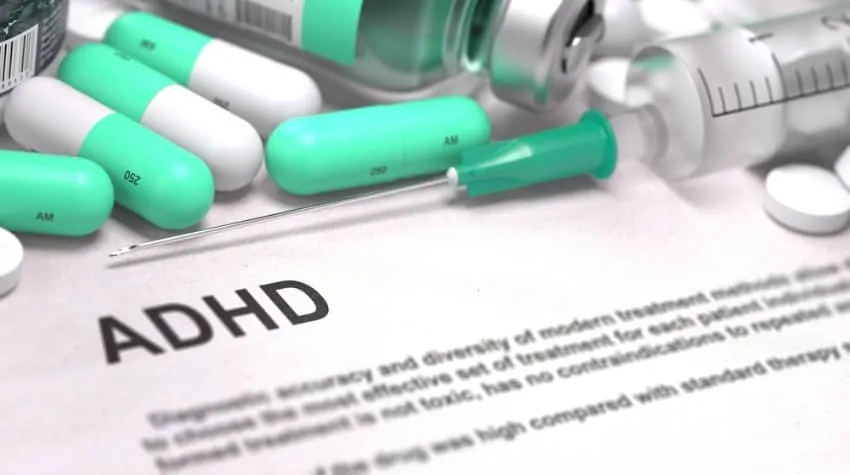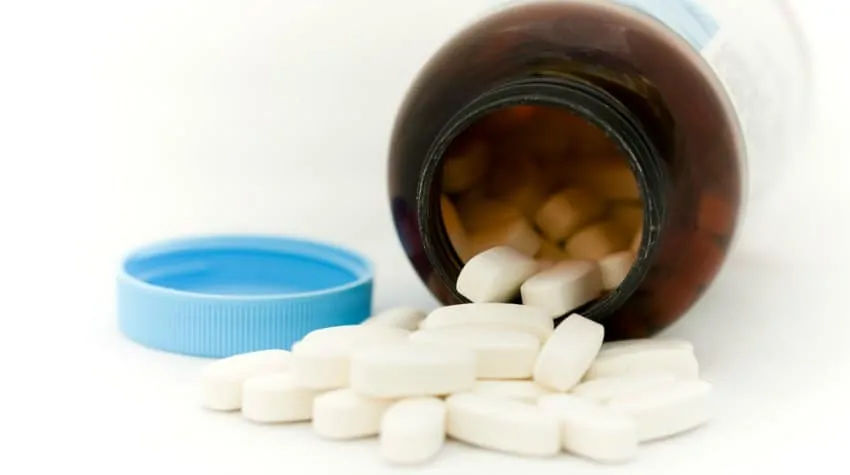Updated on July 20, 2023
ADHD Medication Options
With the emergence of ADHD (Attention Deficit Hyperactivity Disorder) as a primary behavioral issue for many teens and adolescents in the modern day numerous treatment options have become available from a medical standpoint.
Most commonly various forms of stimulants are prescribed to help deal with the condition. It is important to know the types of drugs available on the market today to understand the options that are available.
The Stimulant Family
Stimulants continue to be the most widely used family of medications for treating both ADHD and ADD. Methylphenidate, the active ingredient in Ritalin and Concerta, as well as amphetamines found in Adderall and Vyvanse, remain popular choices due to their efficacy.
These medications primarily work by increasing activity in certain parts of the brain to help improve concentration and attention span.
In addition to these, Dexedrine, ProCentra, Zenzedi (dextroamphetamine), Evekeo, Adzenys, Dyanavel (amphetamine), Focalin, Metadate CD, and Daytrana are also frequently prescribed.
They effectively regulate behavioral patterns by creating a chemical balance within the system. It’s worth noting that while these medications can significantly reduce symptoms of hyperactivity, inattentiveness, and impulsivity, they do not cure ADHD or ADD.
Treatment typically involves a combination of medication, education, skills training, and psychological counseling for optimal results. Studies suggest that stimulant treatment options are effective in around 70-80% of cases.
Non-Stimulant Options
Alternative prescription medication options also exist for treatment of ADHD in both teens and adults. One common approved non-stimulant drug is Atomoxetine (Strattera). With the use of this particular drug the FDA has issued advisory warnings to closely monitor any teen or adult for signs of suicide.
In addition the FDA has issued an advisory for Strattera regarding possible liver damage. As is the case with all medications please be in close contact with your doctor and watch for signs of possible damaging side effects including yellowing of the skin and belly pain. Contact you doctor immediately if these symptoms arise.
Medications for ADHDGeneral ADHD Medication Information

As is the case with all prescribed medications, be sure to understand what it is you or your loved one is taking. Consult your doctor when beginning any ADHD treatment plan. It is important to understand a number of aspects in regard to ADHD options:
Any medication for ADHD should be taken consistently as administered and advised by your doctor.
Side effects for each drug should be well known and paid attention to. As with all prescription drug options, ADHD medication for both teens and parents can have serious side effects.
All prescription drug treatment options for ADHD in teens and adults come with a warning of potential heart and mental health related problems. Please consult your doctor to understand these possible side effects.
Any adult or teen involved in an ADHD prescription program should always be watched for signs of suicide as this is a known side effect of the family of drugs. Stimulant based medication options have been shown to lead to a potential slowing of growth among children and teens.
In most cases growth rate balances to normal level by adulthood. Your doctor will monitor child and teen growth for normal patterns.
As with all prescription drugs there is always the chance of abuse. Be certain to closely monitor drug administration and be sure to look for signs of potential drug abuse with any prescription plan.
The Most Effective Medications for ADHD Today
The most effective medications for ADHD in 2023 have been identified through various studies and research. Methylphenidate and amphetamine continue to be frequently used treatments for ADHD. Guanfacine, often used in combination with other treatments, is also proving effective for certain groups of children with ADHD
Moreover, a study highlighted the potential of Brainmarker-I as a biomarker informing treatment stratification between medications, focusing on EEG-NFB as part of broader multimodal treatment.
It’s important to note that treatment effectiveness can vary depending on individual factors, and a comprehensive approach combining medication with other therapeutic interventions may provide the best results.
As always, it’s critical for parents and caregivers to consult with healthcare professionals to find the most appropriate treatment plan for their child’s specific needs.
For parents seeking resources to better understand and manage their teenager’s ADD or ADHD, several organizations offer valuable information and support.
- The National Resource Center on AD/HD, CHADD (Children and Adults with Attention-Deficit/Hyperactivity Disorder)
- AACAP (American Academy of Child & Adolescent Psychiatry) provide comprehensive information on ADHD and its treatment, along with support for families source, source, source.
- Moreover, websites such as KidsHealth, Mayo Clinic, and ADDitude Magazine also offer expert advice and tips for parenting a teen with ADHD
Sources:
https://www.cochranelibrary.com/cdsr/doi/10.1002/14651858.CD007986.pub3/abstract



















